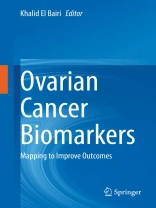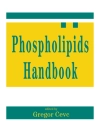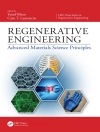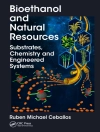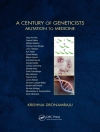This book comprehensively summarizes the biology, etiology, and pathology of ovarian cancer and explores the role of deep molecular and cellular profiling in the advancement of precision medicine. The initial chapter discusses our current understanding of the origin, development, progression and tumorigenesis of ovarian cancer. In turn, the book highlights the development of resistance, disease occurrence, and poor prognosis that are the hallmarks of ovarian cancer. The book then reviews the role of deep molecular and cellular profiling to overcome challenges that are associated with the treatment of ovarian cancer. It explores the use of genome-wide association analysis to identify genetic variants for the evaluation of ovarian carcinoma risk and prognostic prediction. Lastly, it highlights various diagnostic and prognostic ovarian cancer biomarkers for the development of molecular-targeted therapy.
Mục lục
Chapter 1. General Overview of the Origins and Pathology of Ovarian Cancer.- Chapter 2_An Introduction to the Current Management of Ovarian Cancer in the Era of Precision Oncology.- Chapter 3_The Hallmarks of Ovarian Cancer: Actionable Genetics, Targetable Pathways and Predictive Biomarkers.- Chapter 4_Genetic Alterations in Ovarian Cancer as Prognostic and Predictive Biomarkers of Therapy Response and Surgical Outcomes.- Chapter 5_The Emergence of Circulating Tumor DNA in the Management of Ovarian Cancer.- Chapter 6_Proteomic Biomarkers for Early Detection and Patients’ Stratification in Ovarian Cancer.- Chapter 7_Cutting-edge Technologies and Ovarian Cancer.
Giới thiệu về tác giả
Khalid El Bairi is the principal investigator of OVANORDEST studies and the founder of
The Cancer Biomarkers Working Group, and he is currently pursuing clinical and translational research in medical oncology. He has published many peerreviewed articles in the field of predictive and prognostic cancer biomarkers to improve survival outcomes in several Wo S and Medline-indexed journals. His research focuses particularly on biomarkers for digestive and gynecological cancers such as ovarian and colorectal malignancies. He is currently a member of the board of various international scientific societies such as the International Gynecologic Cancer Society (IGCS), European Society for Medical Oncology (ESMO), American Society of Clinical Oncology (ASCO), European Society of Gynaecological Oncology (ESGO), and the American Association for Cancer Research (AACR). He is also an editor and reviewer for more than 40 academic journals and a guest editor for several special issues on emergingtopics in gynecological cancers such as platinum-resistant ovarian cancer. He is also highly interested in teaching evidence-based medicine, clinical research methods, and publishing ethics to medical and Ph D students and was selected for the 70th Lindau Nobel Laureate Meeting as a young scientist.
